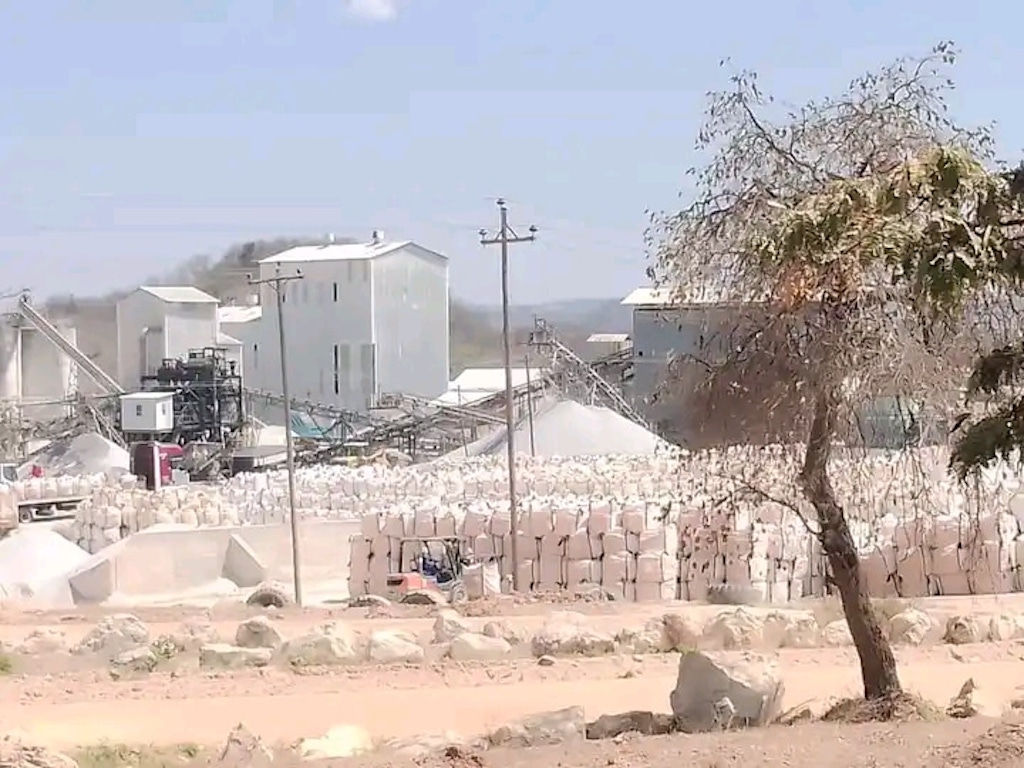Tiyani Hahlani
The Masvingo High Court has ordered Bailzone Mining (Pvt) Ltd to stop chrome mining operations in Chiromo Village, Zaka district, after finding that the company’s activities violated the constitutional rights of local villagers.
In a judgment delivered by Justice Sunsely Zisengwe on May 23, 2025, the court sided with four villagers Gideon Rushinga, John Rushinga, Million Rushinga, and Pride Garauzive who brought a case against the mining company, the Minister of Mines and Mining Development, and the Sheriff of Zimbabwe, citing infringement of their property, cultural, and environmental rights.
The applicants argued that Bailzone’s chrome mining activities intruded on their homesteads, agricultural fields, grazing land, and sacred graveyards.
They described these areas not only as essential for their livelihoods but of deep traditional and spiritual significance too.
The villagers challenged the issuance of 60 mining certificates to Bailzone by the Masvingo Provincial Mining Directorate, claiming that due process had not been followed.
They told the court that there had been no community consultation, and that the company had commenced operations without their knowledge, consent, or the involvement of the Zaka Rural District Council, which has jurisdiction over the communal land.
The villagers sought the nullification of an Environmental Impact Assessment (EIA) report approved by the Environmental Management Agency (EMA), arguing that it was granted without community participation and failed to account for cultural sites and environmental risks.
Court documents showed that Bailzone had previously filed an application to bar villagers from interfering with its operations, but that application had already been dismissed by the same court.
In the latest case, the court found that Bailzone had failed to produce evidence proving it had the necessary authority or local consent to prospect or mine in Chiromo.
“The respondents failed to show that the applicant community was properly consulted, or that permission was sought and granted by the local authority,” the court noted in its ruling.
“Mining cannot proceed in an area where the affected community’s constitutional rights have been overlooked,” the ruling further reads.
Bailzone Mining, however, defended its operations by claiming that the mining certificates remained valid and had not been formally revoked by the Ministry of Mines and Mining Development.
However, the court held that validity on paper was not enough where community rights had been disregarded, and that where no compliance with local government procedures could be shown.
The ruling comes amid growing tension between rural communities and mining companies across Zimbabwe, with the government pushing for rapid expansion of the mining sector under its US$12 billion mining industry target.
The judgment is expected to influence future court challenges involving mining disputes in communal lands, setting a precedent for how environmental protection, cultural heritage, and land rights must be weighed against mining ambitions in Zimbabwe.








